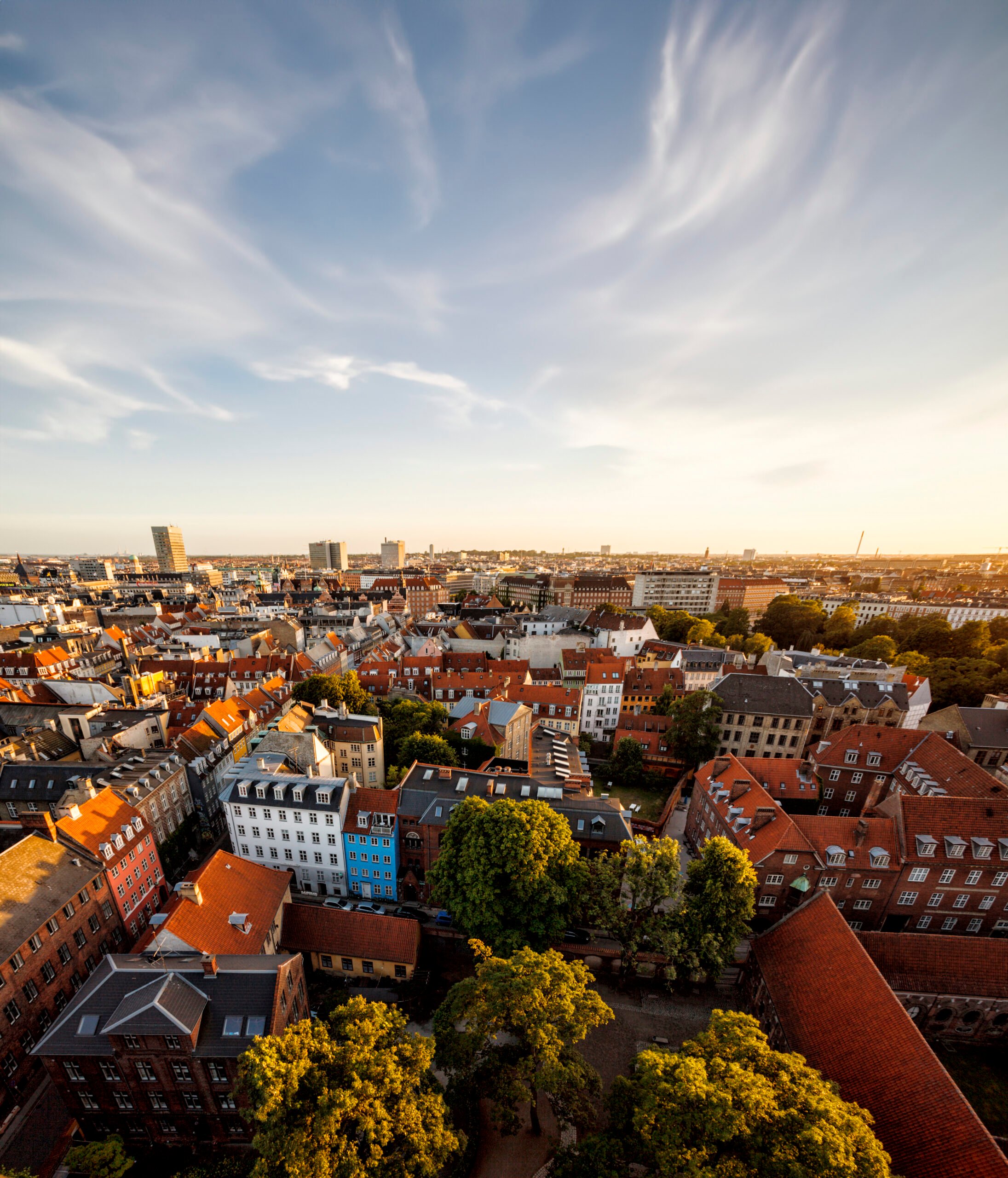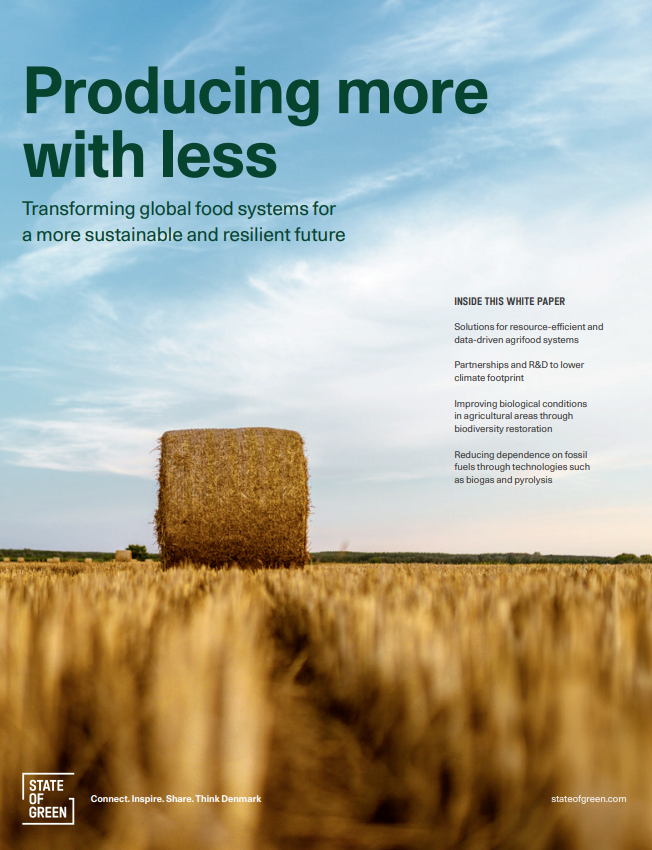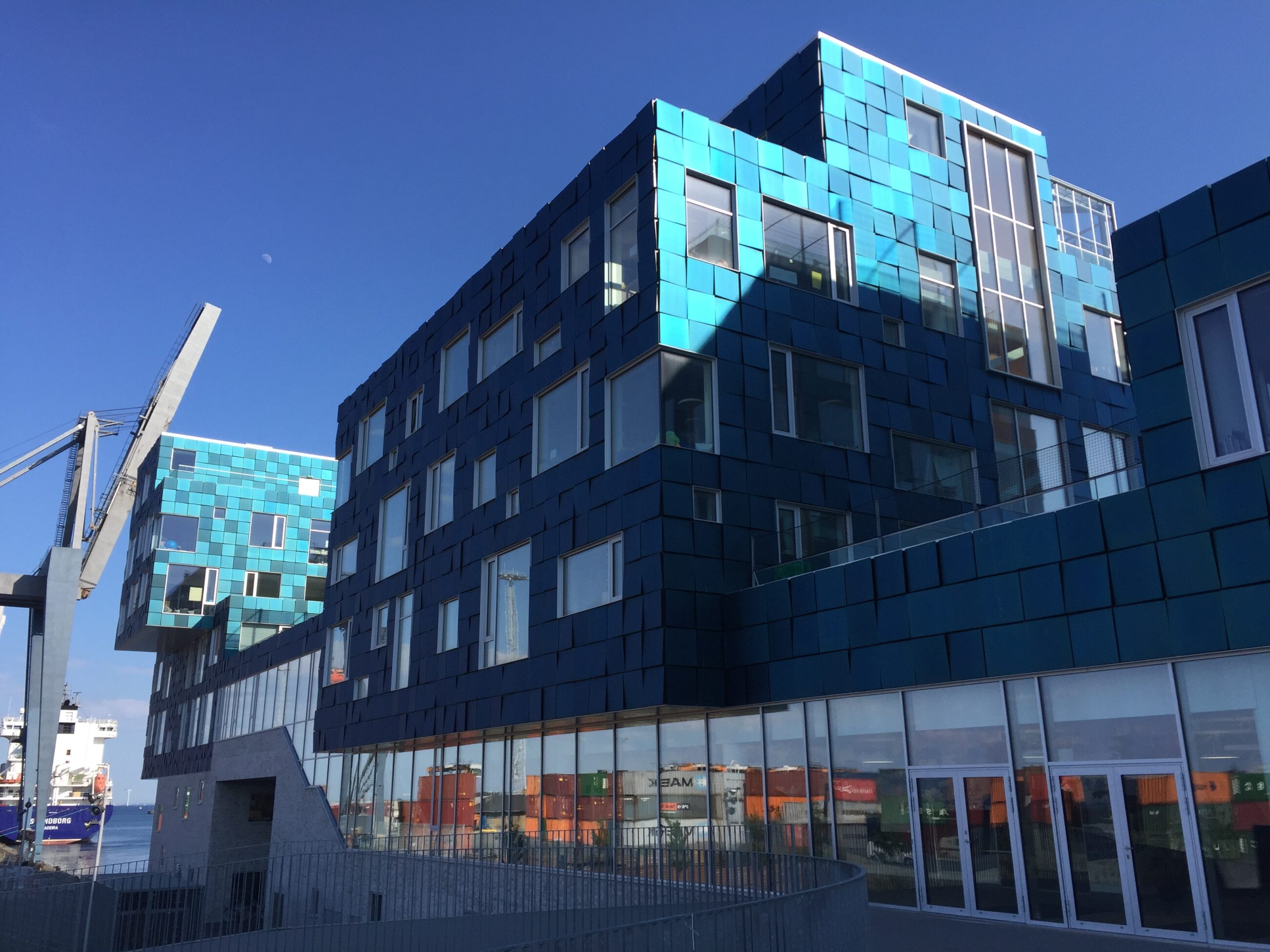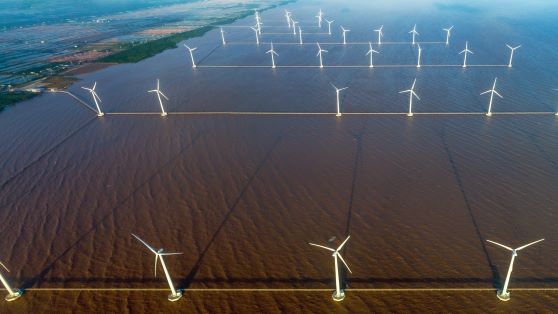News
Air pollution
Air pollution from industry production
Buildings
+4
World’s first: Copenhagen and Oslo want climate-friendly heavy machinery
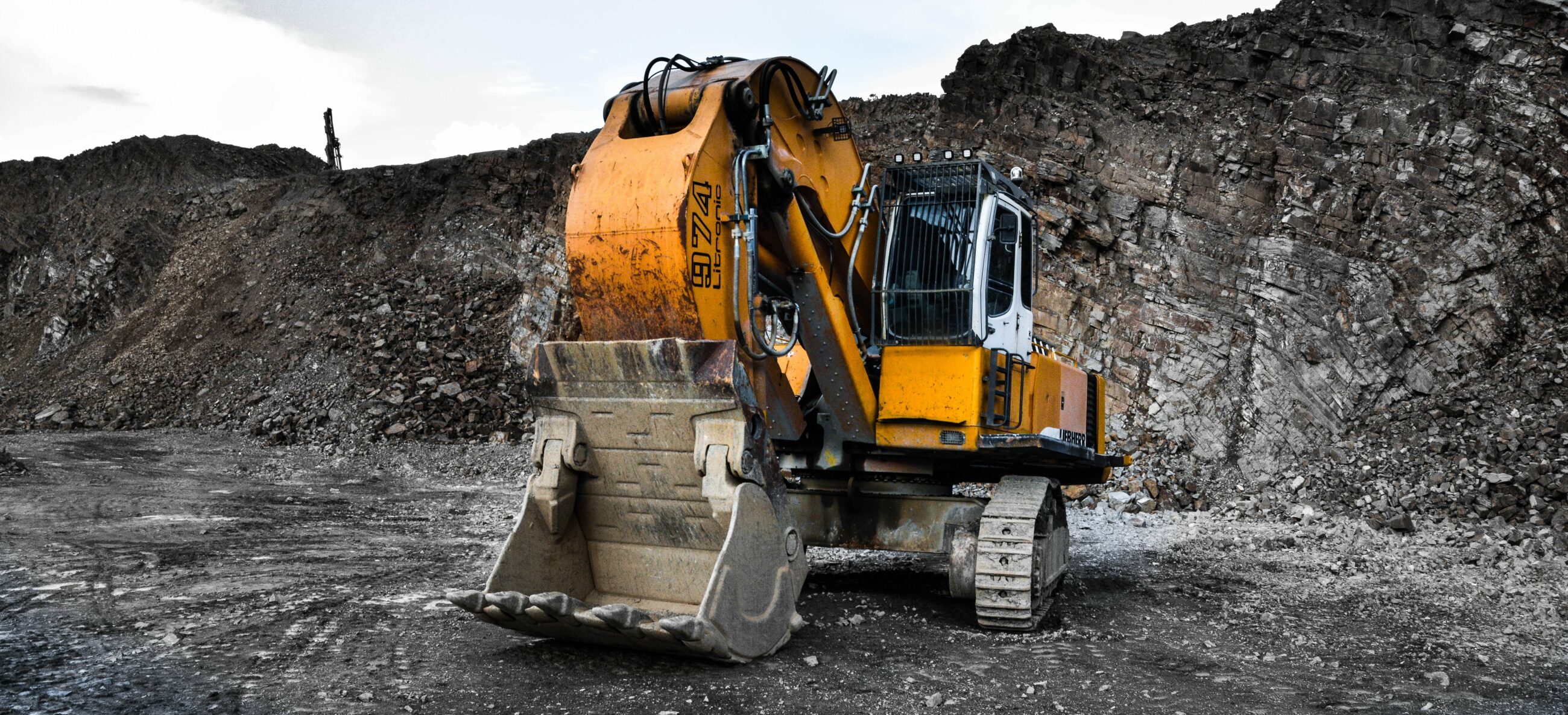

When excavators, sweepers and other heavy machinery operate in cities, they affect the climate and the air quality. The so-called 'non-road mobile machinery', which one can hear roaring at construction sites all over Denmark, accounts for about 15 per cent of the total particle pollution at national level.
Therefore, the capitals of Denmark and Norway have decided to collaborate on a tender for sustainable and climate-friendly heavy machinery. The municipalities require that the machines be either completely emission-free, i.e. that they do not discharge particles or CO2 at all, or low-emitting, such as hybrids that run on a mixture of diesel and electricity. According to the City of Copenhagen, the two capitals are the first in the world to offer such a tender.
“We know that the machines emit large amounts of particles and CO2, which adversely affect both the climate and the quality of life of Copenhageners. Cooperation with our Nordic neighbours is therefore an important step in the right direction. However, the green conversion of our machinery makes far from the difference alone, as most construction projects in the city are still solved by private contractors,” said Karina Vestergård Madsen, acting Mayor for Technology and Climate in Copenhagen, to the Danish media outlet TV2 Lorry.
-Related solution: New Slussen in Stockholm built from reused materials
Precedent for sustainable procurement
Looking at the climate accounts, about 80,000 tonnes of CO2 are emitted from the heavy machinery at Copenhagen’s construction sites annually. This corresponds to the annual emissions from about 33,000 Copenhageners or just over 5 per cent of the total Copenhagen carbon footprint in 2017.
The City of Copenhagen expects to replace seven of its 12 wheel loaders over a four-year period with electric versions. This is estimated to bring down CO2 emissions from the machines by up to 80 per cent. If the offer is successful, the plan is that a similar procurement will be made with other types of machines in Copenhagen.
In addition to the procurement of climate-friendly heavy machinery, the purpose of the cooperation between Oslo and Copenhagen is that the cities can share knowledge in relation to the actual tender process, maintenance of contracts and the market dialogue.
-Related solution: The Aarhus Docklands - sustainable urban development project
A positive change for all cities aiming for climate-neutrality
Two capitals crossing borders on a joint purchase of this type of climate-friendly machinery has never been tried before. The City of Copenhagen hopes that with the tender, some valuable experience will be gained, so that in the future the model can be scaled up to include even more cities and thus secure the alliance partners even more influence over the development of the market for more sustainable heavy machinery. Already, there is a dialogue in progress with several European cities - Lisbon, London and Amsterdam, among others.
"I hope that with the shopping alliance we can send a strong signal that there is actually a demand for climate-friendly heavy machinery. It can hopefully help to further boost this green development on the market. The climate needs this, because as it looks today, there are very few and very expensive alternatives to the traditional diesel engines," said Karina Vestergård Madsen to TV2 Lorry.
Source
City of Copenhagen (in Danish)
You should consider reading
publications
Resource efficient production
+15
